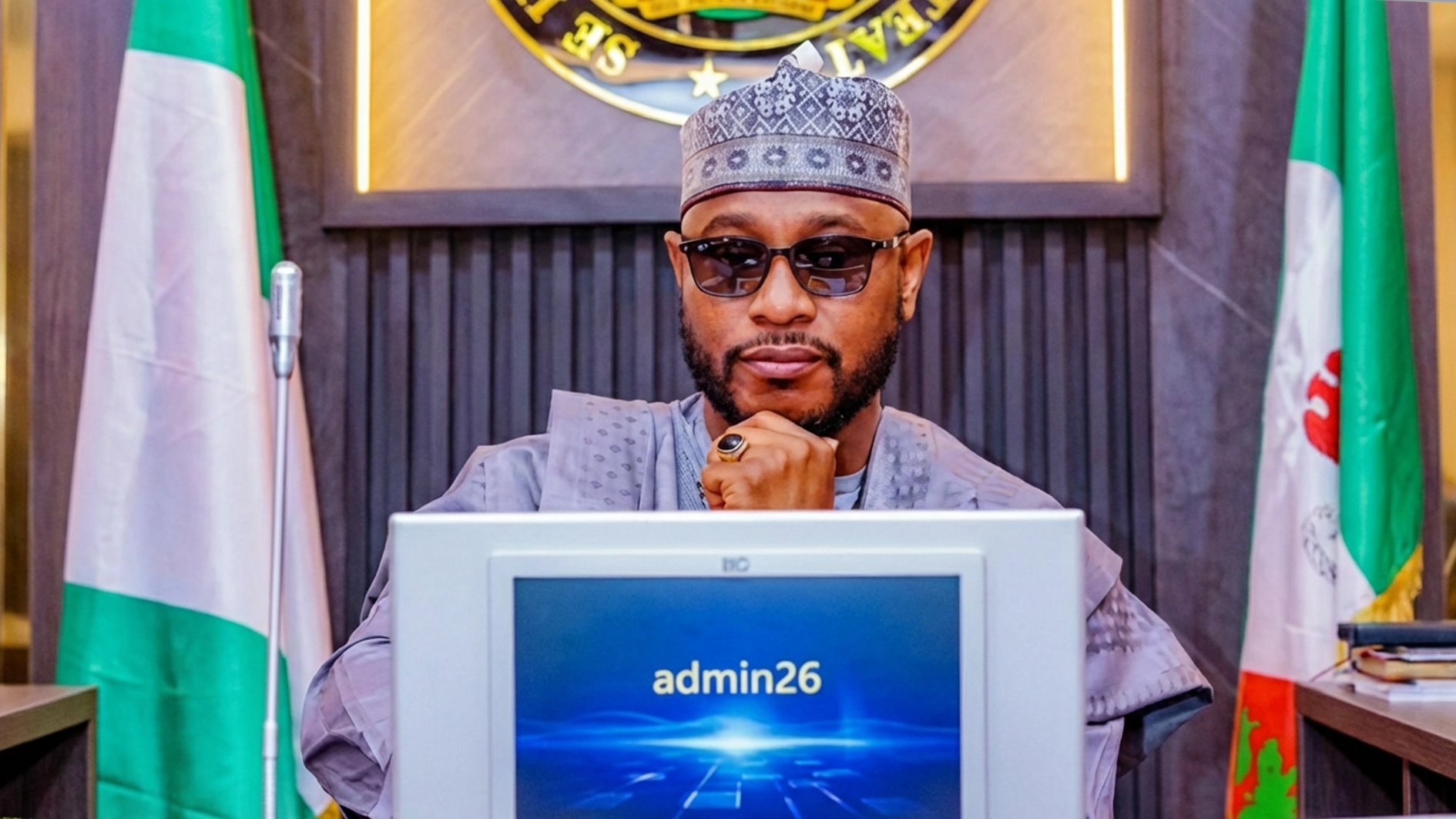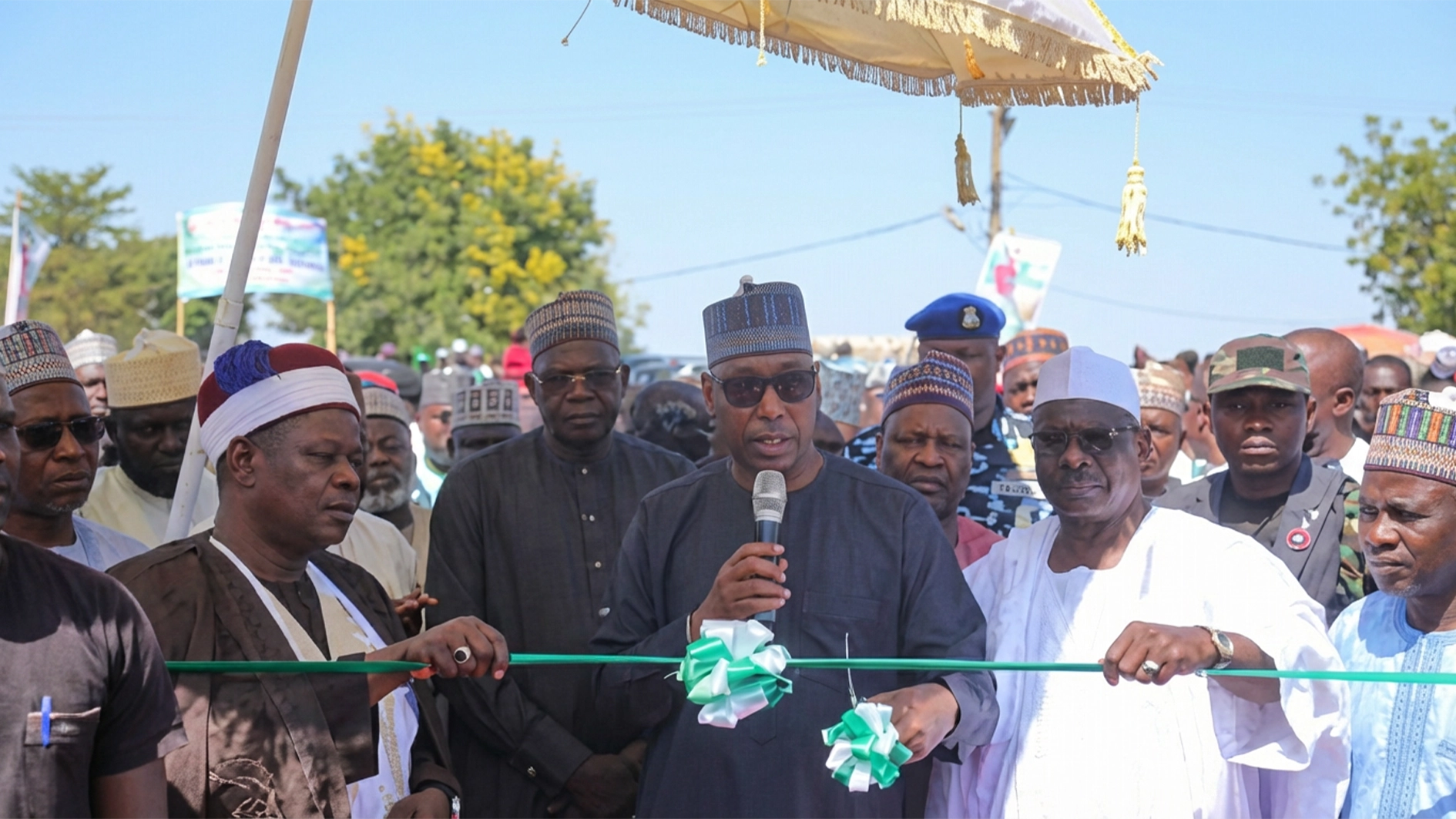The Kaduna State Government has entered into a partnership with the United Nations (UN), the British Government, and the World Bank to rebuild its education system.
Specifically, the agreement is expected to commence with an international education summit, EduPACT-2025, running from today, 9 July, to 11 July, bringing together global development partners, government agencies, and education stakeholders to co-create a homegrown and inclusive education model.
Themed “Strategic Visioning for Educational Transformation: Developing a Kaduna State Education Model,” the summit will be held at the Umaru Musa Yar’Adua Conference Centre in Kaduna and is supported by key partners including the United Nations, the British Government (FCDO), the World Bank, UNICEF, the Islamic Development Bank, Save the Children, and Education Above All.
Addressing a press conference, the Commissioner of Education, Professor Abubakar Sani Sambo, said the event is not merely another conference but “a forum where ideas will be generated, and government will follow through with prompt decisions in order to enhance human capital development.”
He emphasised the importance of the gathering, describing it as “a PACT between the government and the good people of Kaduna State to overhaul our education system in line with the demands of the 21st century.”
Professor Sambo paid tribute to Governor Uba Sani, describing him as “not only the Chief Host of this summit but the Chief Architect of the education revolution that is quietly but firmly taking root across our state.”
“In just two years, the Governor Uba Sani’s administration has re-written the narrative of education by enacting policies and programmes that are expanding access to education and providing a conducive learning atmosphere,” he said.
One such policy was the Governor’s first Executive Order, which slashed tuition fees in all state-owned tertiary institutions by 50 per cent. He said, “The reduction in school fees increased students’ enrollment at Kaduna State University (KASU), Nuhu Bamalli Polytechnic, and the College of Education Gidan Waya.”
The commissioner further highlighted infrastructure milestones, stating: “He has built 62 new secondary schools in the last two years, and 50 new ones are being constructed. More than 600 classrooms have been constructed, and many others are being renovated.”
Sambo also noted an improvement in exam performance: “In WAEC, candidates with five credits including English and Mathematics rose from 68.0 per cent in 2022 to 77.9 per cent in 2024.”
Kaduna has become the first Nigerian state to implement the National Policy on Safety, Security and Violence-Free Schools (NPSSVES), underscoring its commitment to securing learning environments, he said.
“This shows the commitment of this administration to providing safe and secure learning spaces,” he emphasised, added Sambo.
Through the Reaching Out-of-School Children (ROoS) Project, the state, supported by international partners, is building 102 new schools, renovating 170, and developing a digital system to monitor enrolment and retention.
Stressing that the project is “the first of its kind among sub-nationals,” Sambo added that “this project will ensure no child is left behind.”
He also disclosed that “Governor Uba Sani recently cleared all outstanding tuition fees owed to foreign universities by Kaduna State-sponsored students, totalling $247,235.84.”
Looking ahead to the summit, Sambo further stated: “At the heart of EduPACT is a bold vision to co-create a functional Kaduna State Education Model that can deliver measurable outcomes in access, retention, quality teaching, credible learning, innovation, and governance.”
He added, “The transformation we seek will not come by wishful thinking. It will only come by planning, by acting, by investing, and most importantly, by believing that every child in Kaduna deserves a future built on the solid foundation of quality education.”






